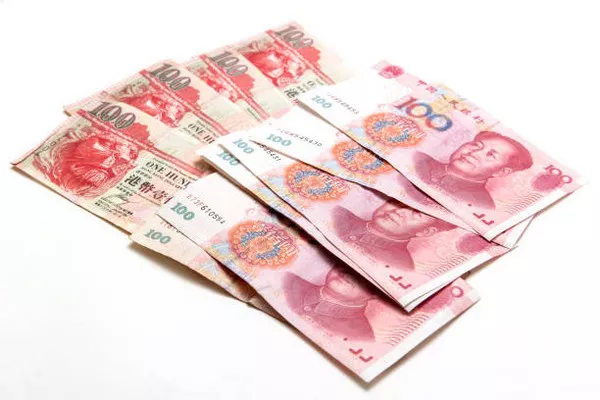What are the key determinants that influence the value of China’s currency, the yuan? The exchange rate of the yuan has significant implications for global trade, monetary policy, and economic stability. Contrary to some perceptions, the value of the yuan is not solely determined by market forces like supply and demand. Instead, it is influenced by a complex interplay of various factors, including government policies, economic fundamentals, and global market dynamics. This article delves into the multifaceted aspects that control the value of the yuan, shedding light on the intricacies of China’s currency valuation.
Government Policy and Exchange Rate Management
How does Chinese government policy impact the value of the yuan? Unlike freely floating currencies, the yuan’s exchange rate is subject to government intervention and management. Historically, China has employed a managed float system where the central bank, the People’s Bank of China (PBOC), intervenes in the foreign exchange market to stabilize the yuan’s value. One of the primary tools used is setting a daily reference rate, known as the central parity rate, against a basket of currencies. This rate serves as a guideline for the yuan’s trading band in which it is allowed to fluctuate during daily trading.
In addition to setting the central parity rate, Chinese authorities impose capital controls to manage the flow of money in and out of the country. These controls restrict speculative capital movements that could lead to excessive volatility in the yuan’s value. By regulating capital flows, the government aims to maintain stability in the currency market and avoid abrupt fluctuations that could disrupt economic stability. Moreover, periodic interventions by the PBOC through buying or selling yuan in the foreign exchange market influence the currency’s supply and demand dynamics, thereby affecting its value relative to other currencies. This interventionist approach underscores the central role of government policy in controlling the yuan’s value.
Economic Fundamentals and Trade Balances
How do economic fundamentals and trade balances impact the yuan’s value? Fundamental economic factors such as inflation rates, interest rates, and economic growth prospects play a crucial role in determining the value of the yuan. For instance, higher inflation in China relative to its trading partners can erode the yuan’s purchasing power, leading to a depreciation of the currency. Similarly, disparities in interest rates between China and major economies like the United States can influence capital flows, affecting the yuan’s exchange rate.
China’s trade balance, particularly its trade surplus or deficit, is another significant determinant of the yuan’s value. A trade surplus occurs when a country exports more goods and services than it imports, resulting in a net inflow of foreign currency. To prevent the yuan from appreciating too rapidly due to a growing trade surplus, China may intervene by purchasing foreign assets or increasing foreign currency reserves. On the other hand, a trade deficit can put downward pressure on the yuan as it implies higher demand for foreign currencies to finance imports. Therefore, fluctuations in China’s trade balance can exert considerable influence on the yuan’s valuation in international markets.
Global Market Dynamics and Investor Sentiment
How do global market dynamics and investor sentiment impact the yuan’s value? The value of the yuan is not insulated from global economic trends and geopolitical events. Changes in market sentiment driven by geopolitical tensions, global economic outlook, or financial market conditions can lead to fluctuations in the yuan’s value. For instance, during periods of heightened uncertainty, investors may flock to safe-haven currencies, causing the yuan to depreciate against major reserve currencies like the US dollar or Japanese yen.
Moreover, the yuan’s value is influenced by broader trends in the foreign exchange market, including the performance of other major currencies. Movements in the US dollar index, which measures the dollar’s value against a basket of currencies, often have a spillover effect on the yuan due to its status as a global reserve currency. Additionally, developments in international trade relations, such as trade agreements or tariffs imposed by major trading partners, can impact the yuan’s valuation. Consequently, the yuan’s value reflects not only domestic economic conditions but also the interconnectedness of global financial markets.
See Also Will the Chinese Yuan Replace the US Dollar as the Dominant Global Currency?
Conclusion
What are the key takeaways regarding the factors that control the value of the yuan? The value of China’s currency, the yuan, is influenced by a complex interplay of government policies, economic fundamentals, and global market dynamics. While government intervention and exchange rate management are central to stabilizing the yuan’s value, economic factors such as inflation rates, trade balances, and investor sentiment also play critical roles. Understanding these multifaceted determinants is essential for policymakers, investors, and businesses operating in the global economy. As China continues to navigate economic reforms and integrate into the global financial system, monitoring the factors shaping the yuan’s value remains imperative for assessing its impact on international trade and investment.


